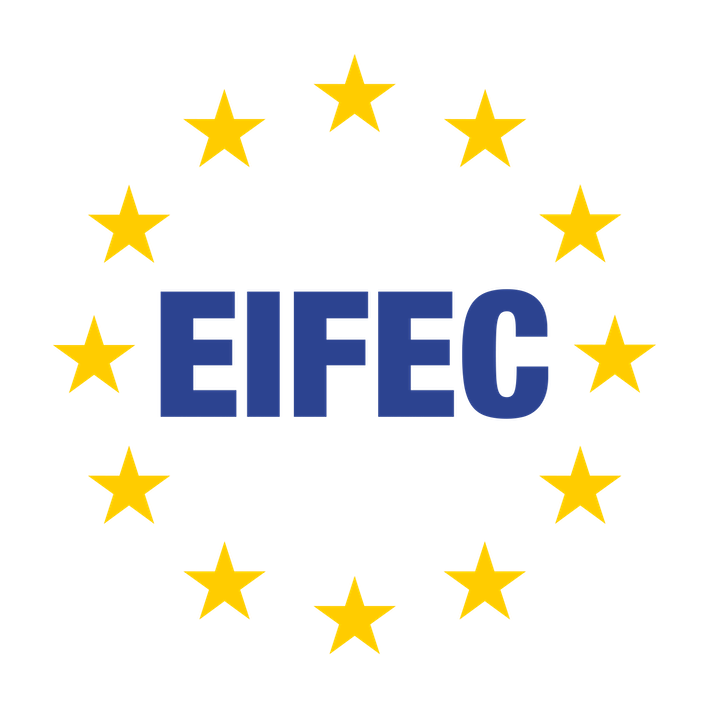Integrated Sanctions Screening
A Programmatic Approach to
Sanctions Screening
The risk assessment process is a structured approach for assigning customers to different risk categories depending on specific attributes or behaviors. The customer or account is then monitored and managed according to the risk classification.
Sanctions screening is a control employed by operators to detect, prevent and manage sanctions risk, to assist with the identification of sanctioned individuals and organisations, as well as the illegal activity to which operators may be exposed. It helps identify areas of potential sanctions concern and assists in making appropriately compliant risk decisions.
Sanctions screening is a control use the comparison of one string of text against another to detect similarities which would suggest a possible match.
It compares data sourced from operator transactions, such as customer and transactional records, against lists of names and other indicators of sanctioned parties or locations.
These lists are typically derived from regulatory sources and often supplied, updated and maintained through external vendors specialising in the amalgamation, enhancement, formatting and delivery of these lists.
The generation of an alert as a result of the process of screening is not, by itself, an indication of sanctions risk. It is the first step towards detecting a risk of sanctions exposure, which can be confirmed or discounted with additional information to evaluate whether the similarities in the text reveal a true sanctions match.
While this concept sounds simple, it can be complex when it comes to determining what actually constitutes a “true match” across a range of variables such as alphabets, languages, cultures, spelling, abbreviations, acronyms and aliases.
When screening is automated, additional complexities are introduced such as “fuzzy matching” algorithms, workflows and match rules.
The core aspect of any screening process is alert generation that must clearly present an alert for review by trained sanctions personnel.
While the screening workflow may vary according to many factors, including reviewer expertise or an operator risk tolerances (for example, whether the review process involves a maker-checker/four-eye requirement), the application must present all relevant data from the operator and the sanctions lists for decision making and allow reviewers to make a decision based on the validity of that data and, thereafter, record relevant rationale.
Given the complex and fast-changing regulatory framework above outlined, EIFEC has implemented a specific Integrated Screening Diligence program in order to incentivize all interested economic and financial operators to proactively and fully comply with the applicable EU directives and regulations, national laws and regulations (including US) as well as with the appropriate best practices, in any relevant business relationship and transaction with natural and legal persons.
Expert EIFEC analysts, with different native language skills, are part of the System to minimize or exclude false negatives helping to deliver to an organization a very solid compliance determination.
You can contact any of the EIFEC office worldwide for assistance.

